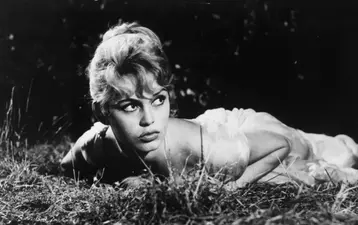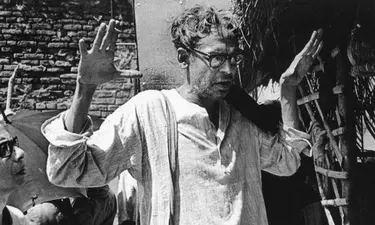Actor, Director, and Independent Film Pioneer
Hollywood Icon Robert Redford Dies at 89

Robert Redford, one of Hollywood’s most beloved and enduring figures—celebrated for his magnetic screen presence, directorial brilliance, and tireless advocacy for independent cinema—has died at the age of 89.
In a statement released Tuesday, Redford’s longtime publicist Cindi Berger confirmed that the actor passed away peacefully at his home in Sundance, Utah, surrounded by family. The cause of death was not disclosed. “He will be missed greatly. The family requests privacy at this time,” said Berger.
Redford’s career spanned over six decades, beginning in the 1960s when his rugged good looks and compelling performances made him a household name. He starred in some of the most iconic films of the era, including Butch Cassidy and the Sundance Kid (1969), The Sting (1973), The Way We Were (1973), and All the President’s Men (1976), where he portrayed journalist Bob Woodward in the Watergate political thriller.

But Redford was much more than a leading man. In 1980, he made his directorial debut with Ordinary People, a film that won four Academy Awards, including Best Picture and Best Director for Redford himself. His work behind the camera earned him a reputation as a thoughtful, introspective filmmaker, often drawn to stories about family, identity, and social justice.
In 1981, Redford founded the Sundance Institute, a non-profit organization dedicated to supporting independent filmmakers. The Sundance Film Festival, which grew from this initiative, became the most prestigious platform for independent cinema in the United States, launching the careers of countless filmmakers including Quentin Tarantino, Steven Soderbergh, and Chloé Zhao.

His contributions to film were recognized in 2002 when he received an Honorary Academy Award for his enduring impact on cinema, both mainstream and independent.
Outside of film, Redford was deeply committed to environmental activism. In 1988, he traveled to Moscow to open a mini film festival and moderate a workshop on pressing global environmental issues. Later, in 2015, he addressed the UN General Assembly, urging world leaders to act decisively on climate change.
A lifelong supporter of the Democratic Party, Redford didn’t shy away from politics. In 2019, he publicly criticized then-President Donald Trump, accusing him of authoritarian tendencies and efforts to undermine American democracy.
Robert Redford is survived by his wife, Sibylle Szaggars, a German-born artist, and two daughters. He was predeceased by two of his sons.
Redford leaves behind a towering legacy—as an artist, activist, and architect of modern independent cinema. His work, both on-screen and off, changed the face of film and will continue to inspire generations of storytellers.



